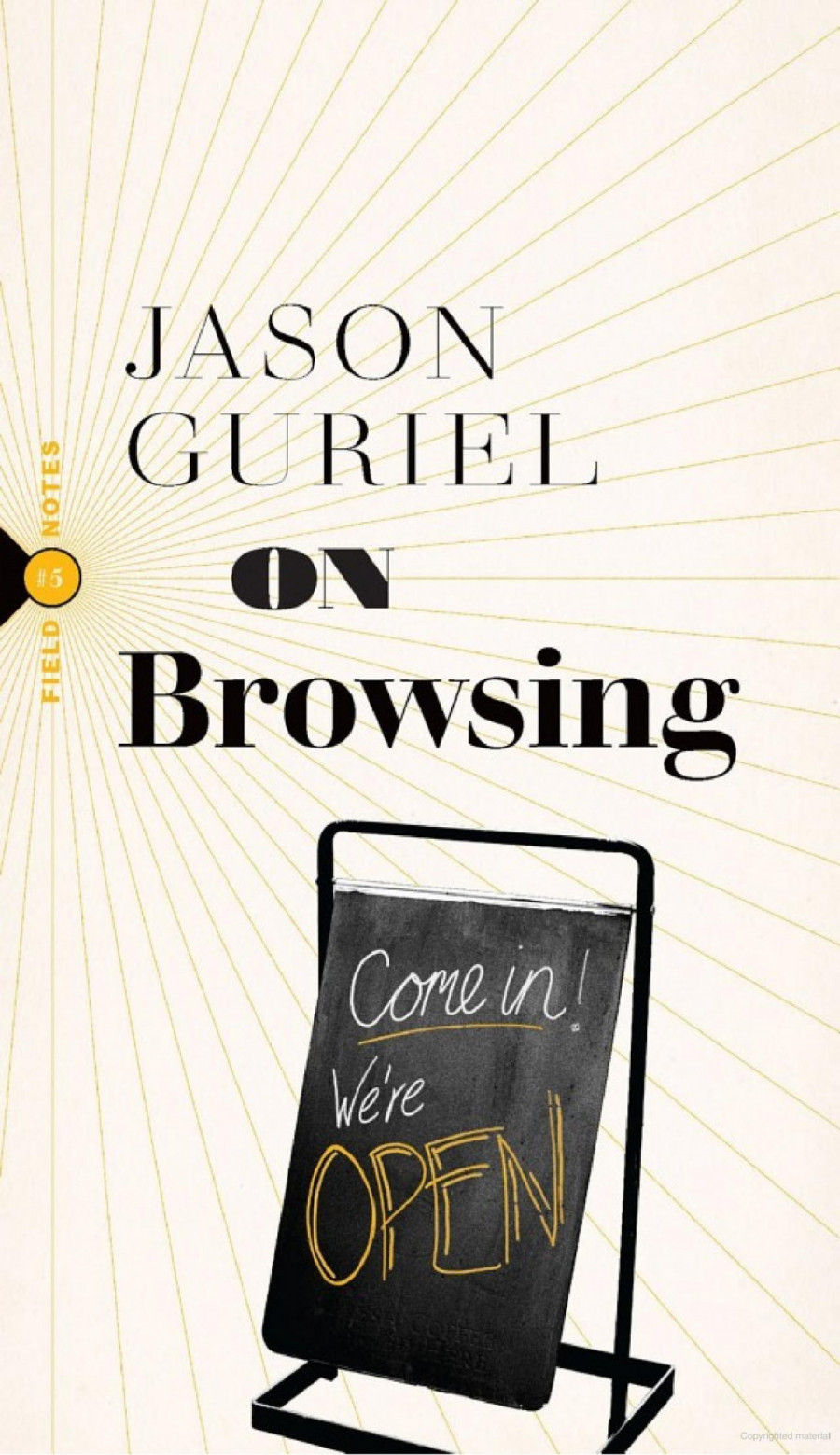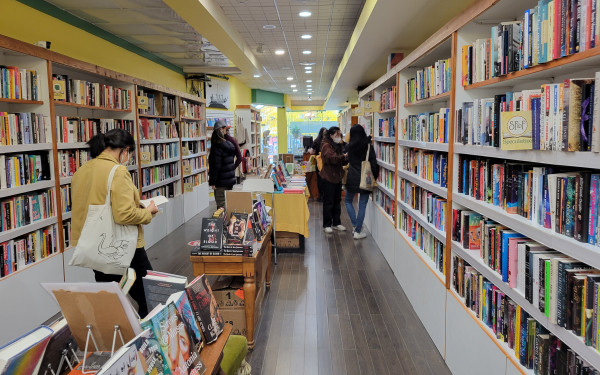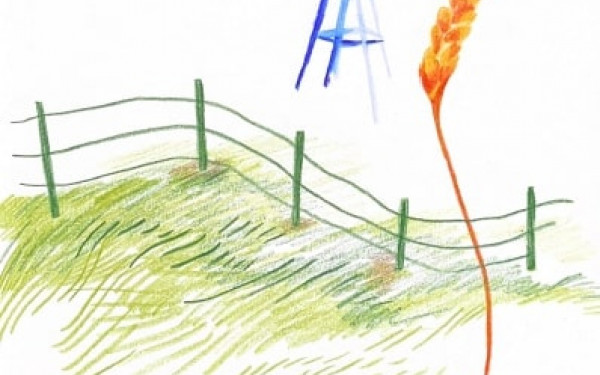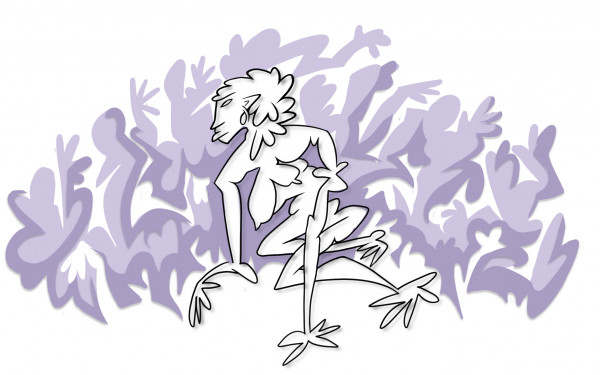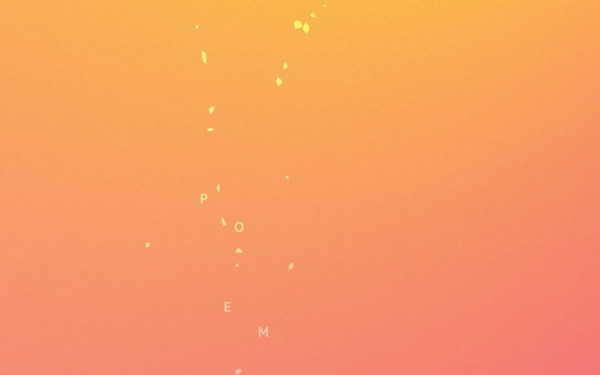Coffee or Tea? They’re both bitter!
Promising On Browsing Turns Out Petulant
When I read the back cover of Jason Guriel’s On Browsing, profound excitement filled me.
As someone with a deep appreciation for physical experiences, small treasures, and the texture of book pages and cd booklets, I was eager to read a work elegizing them. However, after flipping through the first few pages, red flags clouded my vision.
Guriel’s book works like an essay. It is a mix of nostalgic recollections of stores that are no more, and how special they were, and bitter complaints on the state of the media market. He talks about online shopping, malls, his father, and his twenties.
Subtle misogyny, classism, bitterness towards youth, and elitist pretentiousness pop out in almost every page of this book.
Guriel mentions an employee at one of the stores he used to visit who suggests a book to him. He then writes, “She gave off the vibe of a mostly reformed goth [...]. I immediately decided she was childless, a serious reader, trustworthy and very cool.” To equate a childless woman with cool, to decide who she is from a first meeting, to romanticize her person, there are so many layers to unpack from this quotation that I unfortunately can’t get into it, but you get the idea of Guriel’s attitude towards women. He later refers to this same employee as “the ex-Goth angel.” I wrote “EW” in the margins.
Conversely, when describing an ex-employee of a CD store, who is a man, Guriel puts considerable effort into reading old newspaper articles to find the man’s name. “I never learned his name, but he surfaced in the media stories about the end of Soundscapes as one Phil Liberbaum” Guriel writes. Why couldn’t Liberbaum be an ex-DJ ghost?
This is only one of many passages I found exasperating to read. It only took 25 pages for me to contemplate not finishing it.
Almost exactly like browsing shelves for a good book, there are certain paragraphs to be found in On Browsing that do feel special. For example, his nostalgic recollection of hitting the town with his friends: “We needed that long subway trip downtown. [...]. We needed the sobering disappointments and the sporadic victories. We needed the longueurs that new technology seeks to close, as if abolishing boredom ever does anyone a favour.”
This passage describes my favorite activity perfectly. I love making the trek Downtown from my home on the South Shore of Montreal. I love going to used book stores and thrift stores. Sometimes I find gems I stare at every time I look at my bookshelf, like a collection of letters of Vita Sackville West to Virginia Woolf. Sometimes I am confronted with forgettable, uninteresting books. Guriel’s writing felt personal to me, though I am sure it might have the same effect on someone living on the other side of the planet.
The thing that makes physical browsing much more engaging than online shopping is the cognitive aspect of it. This is something I found lacking in Guriel’s essay. He doesn’t dive deep enough into why browsing is so special, why it feels so tied to our core sense of self. It is because stimulants to our five senses make everything more memorable, meaningful, and formative. But Guriel is too busy explaining that by using the word roam, he doesn’t mean “the thing your smartphone does”—as if anyone would need to explain that.
Most of all, Guriel seems to believe in an incapacity of people younger than 30 to appreciate a store. Yes, the problems of gentrification and Amazon monopolizing almost every market are terrifying, but the fault is not in gen-z-ers. I, for one, have a CD collection, a book collection, and a small DVD collection. My film-fanatic friends own trunks of DVDs and Blu-rays. I have a friend whose shelves contain more manga than any given Indigo store probably has. The problem is not with consumers of any age, but with the corporations that become powerful enough to determine the market. Guriel totally misses this point, and scapegoats an entire generation in the process.
On Browsing was published this Fall by Biblioasis, and is a part of their Field Notes series.
This article originally appeared in Volume 43, Issue 6, published November 8, 2022.

